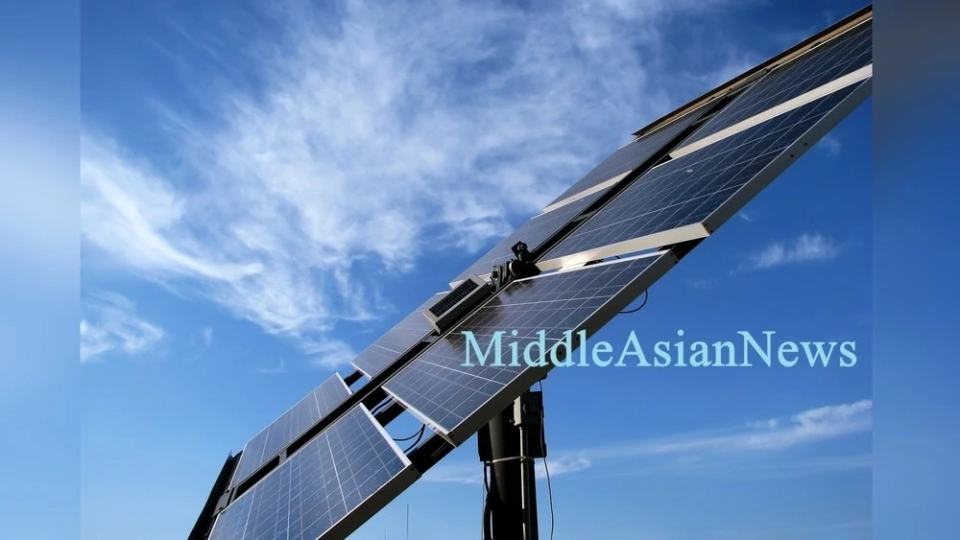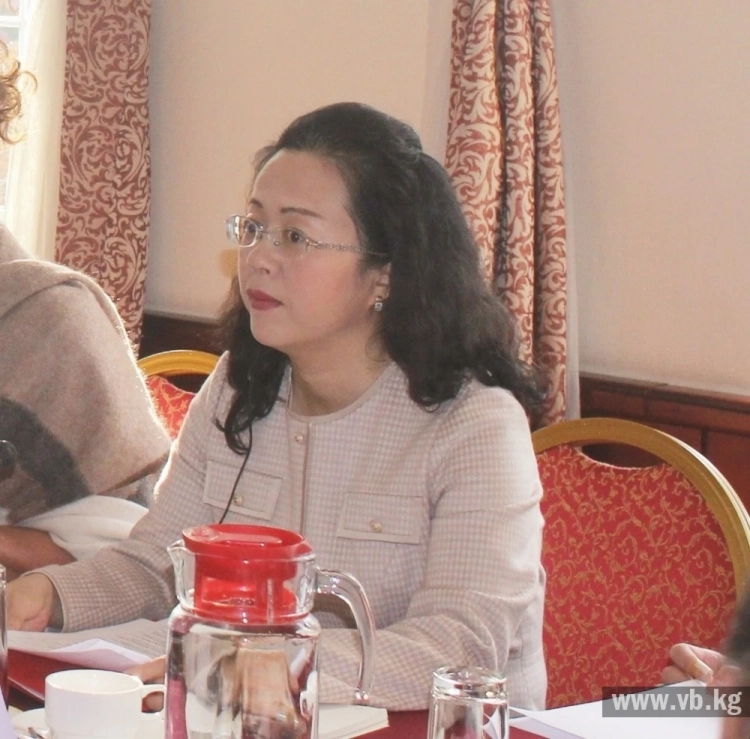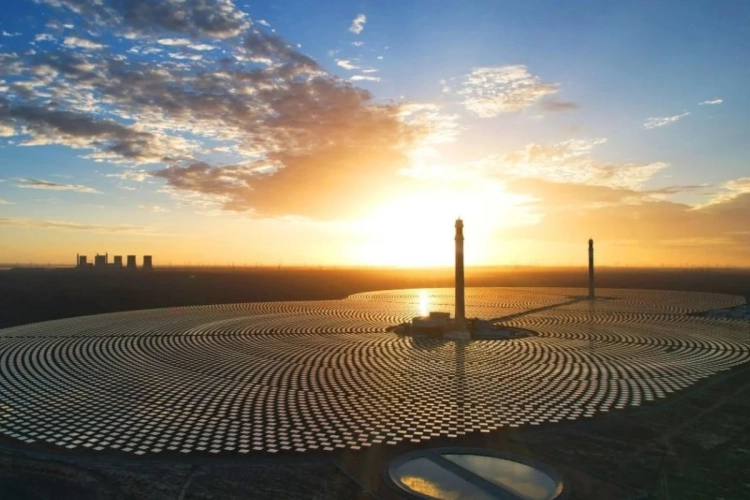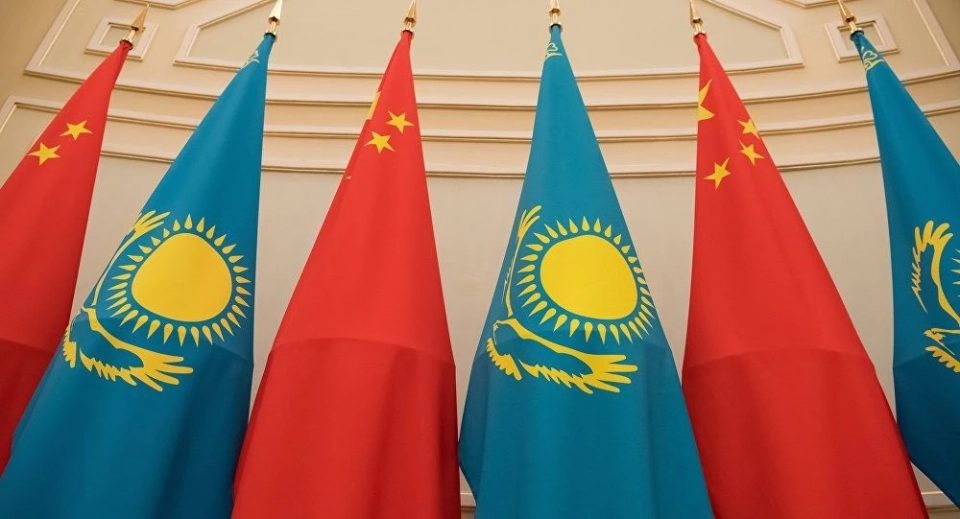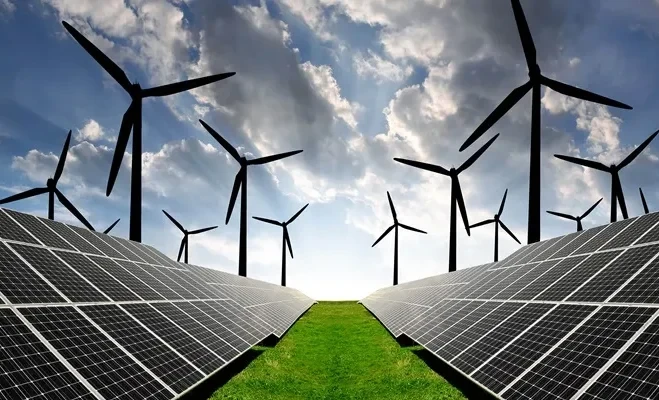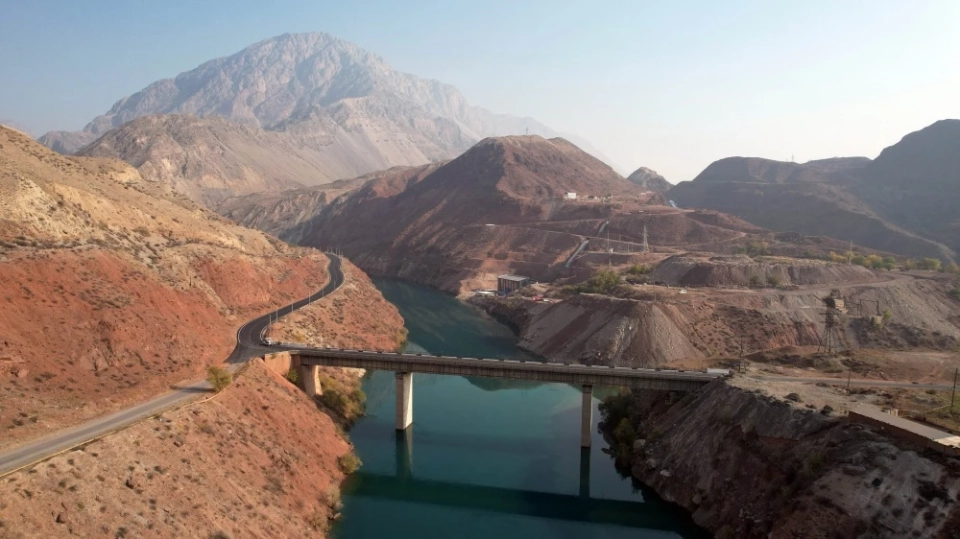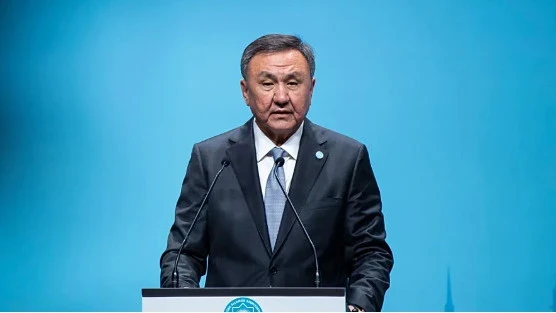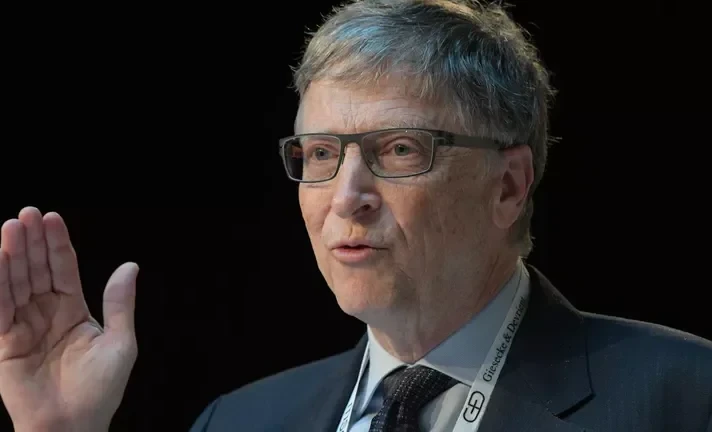The minister also emphasized that solar generation in India has increased from 2.8 GW to 128 GW over the past ten years.
Javadekar noted: "India now ranks fourth in the world for renewable energy capacity. In 2014, this figure was 81 GW, and now it stands at 257 GW."
The manufacturing capacity of solar modules has increased from 2 GW in 2014 to 110 GW in 2023, while the production of solar cells has grown from zero to 27 GW.
Additionally, the minister added that India has met its target of achieving a 50% share of energy from non-fossil sources in the national energy mix five years ahead of schedule.
He also pointed out that renewable energy tariffs in the country, including solar and "green" ammonia, are among the lowest in the world, confirming India's ability to provide affordable and clean energy.
According to the International Energy Agency (IEA), India is set to become the second-largest renewable energy market in the world.The International Renewable Energy Agency (IRENA) has characterized India as a "driving force in the energy transition," and the Climate Change Performance Index (CCPI) consistently ranks the country among the global leaders in this area.
Javadekar added that among G20 countries, India is the only one that achieved its renewable energy targets for 2030 as early as 2021. "We are constantly at the forefront of global efforts to combat climate change," he noted.
Over the past five years, India has also ranked third in the world for capacity growth in the power sector.
The minister emphasized that with some of the lowest levels of emissions and energy consumption per capita in the world, India demonstrates a strong commitment to transitioning to clean energy.
He also pointed out that global solar power capacity has exceeded 1600 GW and accounts for nearly 40% of the total renewable sources.
However, the minister noted that progress in this area is uneven, and in some regions, such as small island states and countries in sub-Saharan Africa, millions of people still lack access to reliable electricity. "Bridging this gap requires collective efforts and equitable financing," he added.
India has called on all partner countries of the International Solar Alliance to join the mission of creating a new global energy order based on inclusiveness and sustainable development.
Additionally, India plans to contribute $25 million to the African Solar Fund of ISA to support investments in mini-grids and distributed renewable energy across the continent.
"This reflects our commitment to the principles of equitable growth within the Global South," Javadekar concluded.
Note The leaders in renewable energy production remain China, the USA, and Brazil.
Photo on the homepage is illustrative: rediff.com.
